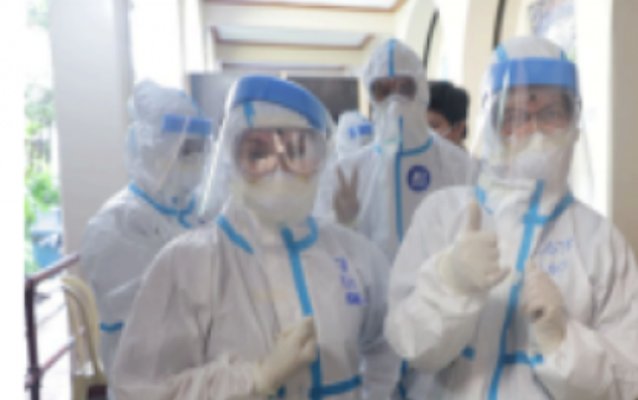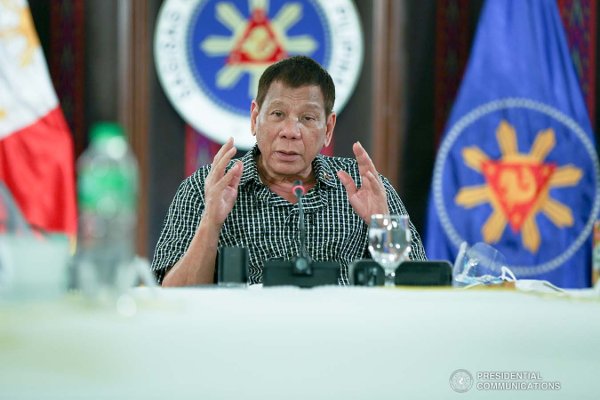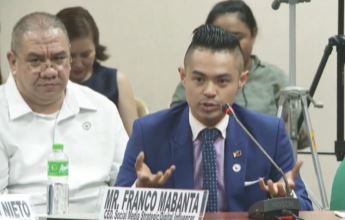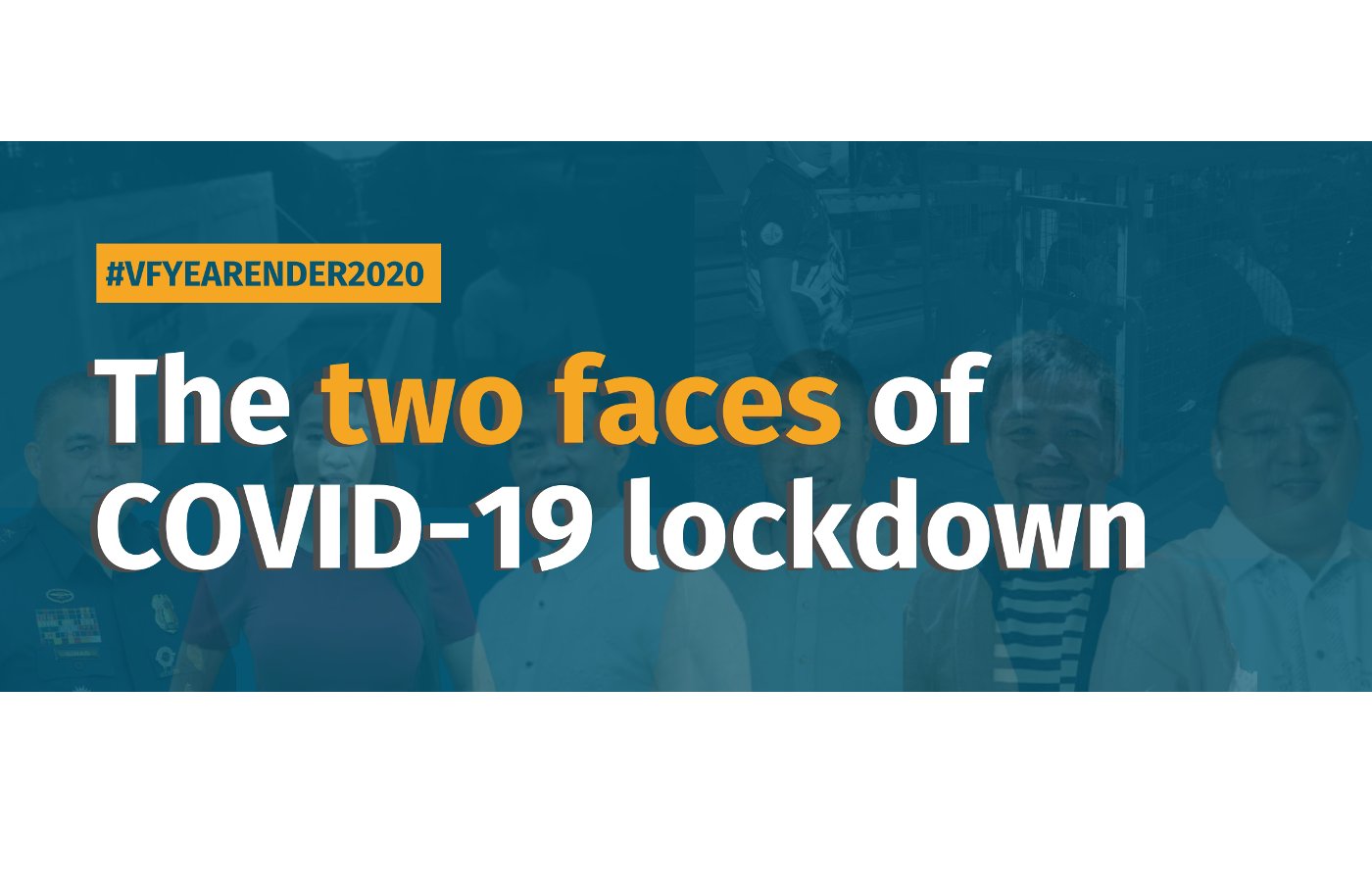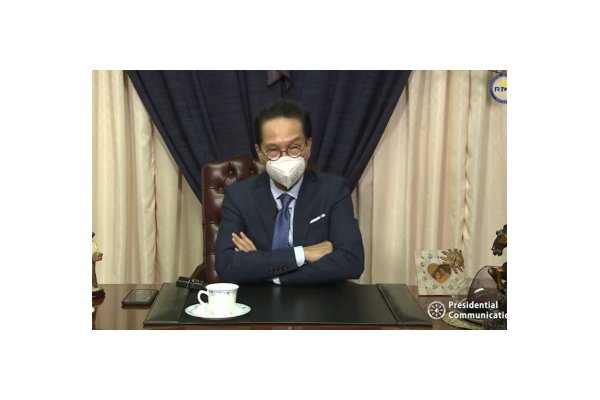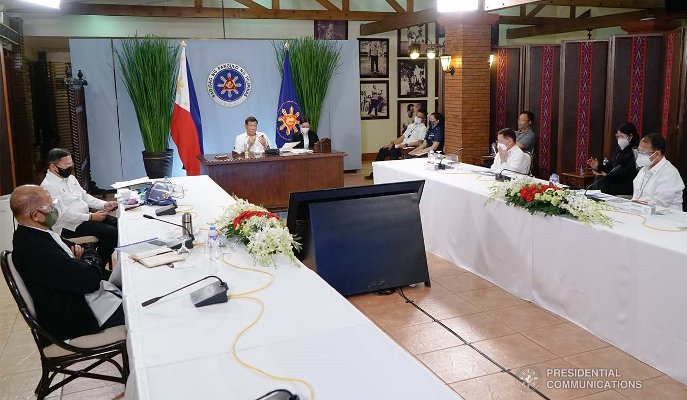As the country marks National Heroes’ Day today, medical frontline workers, who are considered pandemic heroes, are preparing for a mass protest on Wednesday over the repeated delay in the release of their special risk allowances (SRA).
They have, so far, refused to heed the appeals from the Health department and Palace officials to call off their planned work stoppage. They probably have grown tired of hearing the promises that their grievances will be addressed.
Jocelyn Andamo, secretary general of the Filipino Nurses United, said “it seems health workers no longer trust the government because, after a long year, it did not give them the benefits” they deserve.
Robert Mendoza, president of the Alliance of Health Workers, said in an online forum last week that they were restive because the Department of Health (DoH) has yet to provide them the P38,000 in meal and transportation allowances allocated from December 2020 to June 2021, plus the P3,000-monthly active duty hazard pay.
The health workers’ protest action comes on the heels of reports about the P67.32 billion “deficiencies” flagged by the Commission on Audit (CoA) in the procurement and other spending of the DoH from the COVID-19 funds, mainly due to lack of documentation and noncompliance with laws, rules and regulations governing the transfer of funds.
Listed among the deficiencies was the P13.5 billion appropriated for the special allowances and benefits for the health workers provided for under the Bayanihan 2 law. State auditors found that P11.89 billion of the funds remained unobligated as of Dec. 31, 2020.
The DoH had claimed that a “large percentage” of the P11.89-billion unobligated allotment that came from the Bayanihan 2 funds has been “allocated for the health-related responses, such as provision of SRA and active hazard duty pay, among others.”
The Department of Budget and Management (DBM) said last week that it had released P311.79 million for the long overdue SRAs of both public and private health-care workers.
Explaining the reason for the continuing unrest, Mendoza said not all benefits due them have been paid despite their being in the frontlines in the country’s battle against the coronavirus pandemic.
The September 1 mass protest, which the workers see as a way to air their grievances over the government’s failure to listen to them, will be led by employees of the 10 biggest private hospitals in Metro Manila and other public hospitals all over the country, Mendoza said.
Health Undersecretary Maria Rosario Vergeire said on Friday the DoH was “limited by existing laws and policies” in granting the SRAs only to those serving COVID-19 patients directly. “Kung pwede lang, we will do that… sa lahat ng sektor and agencies, kami po sa DoH ang kakampi ng health-care workers. Health-care worker din kami,” Vergeire said in a media briefing.
The DBM released last June P9.02 billion drawn from Bayanihan 1 and 2 funds for the SRA of health-care workers exposed to COVID-19. It was supposed to cover the payment of the SRA not exceeding P5,000 per month from Dec. 20, 2020 to June 30, 2021.
Interviewed on television two weeks ago, Health Undersecretary Leopoldo Vega said that while 359,501 health-care workers have already benefited from about P8 billion released for the SRA for January to June, there were “inadvertent miscalculations” with regard to those attending to COVID-19 patients. He said the DoH was still collating data on the remaining workers who were not yet given their due.
Last Saturday, Vergeire said the DoH had asked for a P201-million additional budget from the DBM for the SRA of 17,670 health-care workers, based on submissions by the regional health offices. Earlier, the DBM released P311 million for the SRA of more than 20, 000 health workers.
President Rodrigo Duterte had given the DoH 10 days ending tomorrow, Aug. 31, to use whatever money it had available for the payment of the workers’ benefits.
The benefits sought by the health-care workers are granted by law, specifically under Republic Act (RA) 11494, or the “Bayanihan to Heal as One Act,” signed by Duterte in September 2020. The benefits include not only the SRA but also life insurance, accommodation, meal and transportation allowance while RA 7305, or the “Magna Carta of Public Health Workers,” provides for hazard allowance equivalent to at least 25% of the monthly basic salary of those receiving salary grade 19 and below, and 5% for those with salary grade 20 and above.
The long delay in the release of the benefits to the health workers is just one of the manifestations of inefficiency in the DoH that Secretary Francisco Duque III should be accountable for. That’s not how pandemic heroes should be treated.
If only their benefits were paid promptly, the health workers would not have to launch the protest actions to call government attention to their plight. But they were left with little choice because their hard work and sacrifices don’t seem to be recognized.
The country has already lost a significant number of health workers to COVID-19 while others have opted to leave for overseas employment that pays better. They put their lives at great risk and are already exhausted for working long hours. Their personal sacrifices are too much to bear. They are vulnerable to mental and other forms of stress as well. Paying the benefits on time is the least the government can do to show its appreciation and recognition of their being “pandemic heroes.”
The views in this column are those of the author and do not necessarily reflect the views of VERA Files.
This column also appeared in The Manila Times.
